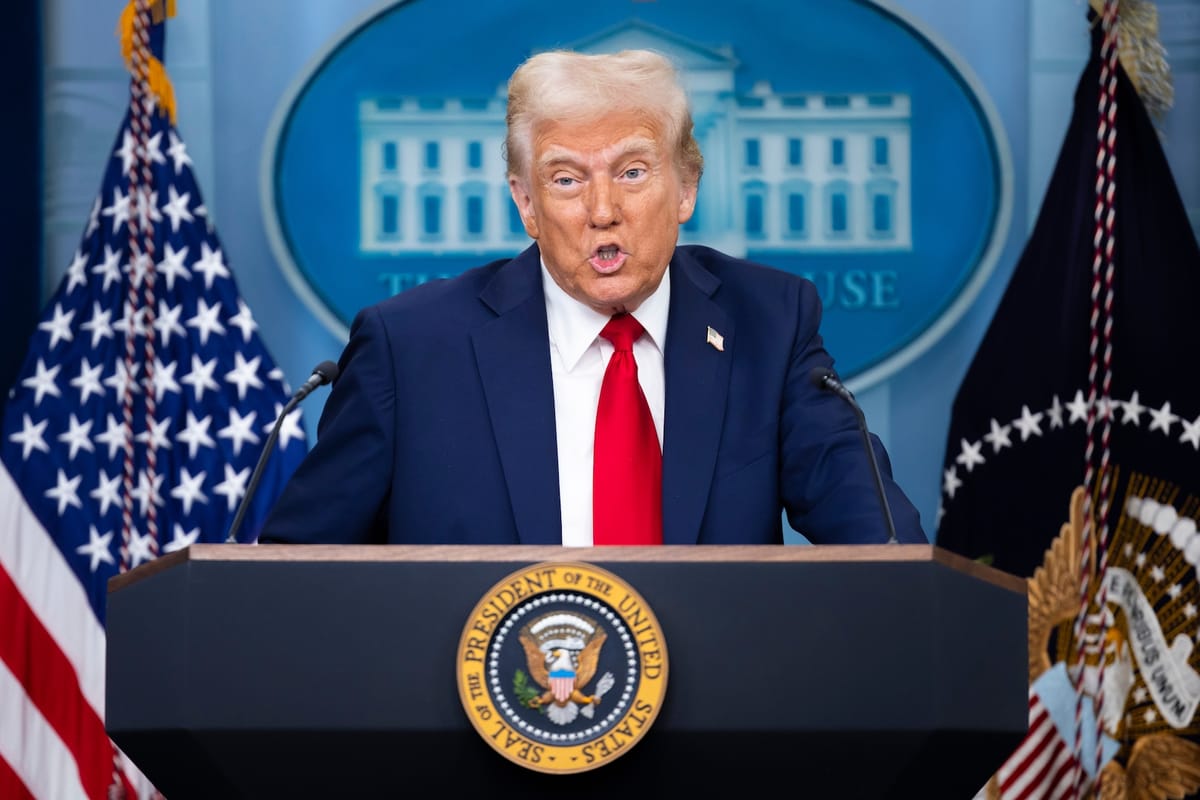

A Bold Move to Streamline Semiconductor Funding
On March 31 President Donald Trump signed an executive order establishing the United States Investment Accelerator, a new office within the Commerce Department tasked with overseeing the $52.7 billion CHIPS and Science Act. This move aims to cut through bureaucratic delays and expedite investments in American semiconductor manufacturing, a sector critical to national security and economic strength. The office is designed to renegotiate existing deals, ensuring taxpayers get the best return on their investment, while accelerating the flow of capital to businesses ready to create jobs.
Cutting Red Tape for Economic Growth
The Investment Accelerator’s mandate extends beyond the CHIPS Act, targeting investments exceeding $1 billion across various industries. The executive order highlights America’s regulatory maze as a barrier to progress, noting, 'Slow, complex, and burdensome processes make significant domestic investment harder than necessary.' By speeding up permitting and easing access to national resources, the office aims to attract both domestic and foreign capital. Social media posts reflect public support, with one user stating, 'Finally, someone’s tackling the government’s inefficiency head-on.' This aligns with a broader push to reduce reliance on bloated bureaucracies and empower private enterprise.
Building on Private Sector Momentum
The White House claims Trump has already secured over $3 trillion in private investments during his second term, a figure bolstered by the CHIPS Act’s legacy. Since its passage, the Semiconductor Industry Association reports over 100 projects nationwide, totaling more than half a trillion dollars in commitments from companies like Intel and TSMC. The new office will build on this, working with all 50 states to slash regulatory hurdles. Critics once feared Trump might scrap the program entirely—he called it ‘horrible’ in a March address—but this pivot suggests a pragmatic shift toward refining, not rejecting, the initiative.
A Taxpayer-First Approach to Subsidies
Trump’s team promises the Investment Accelerator will deliver ‘much better CHIPS Act deals’ than its predecessors. The focus is on accountability: ensuring subsidies translate into tangible results rather than corporate windfalls. The office, staffed with legal and operational experts, must be operational within 30 days, coordinating with the Treasury and economic policy advisors. This urgency reflects a belief that government should facilitate, not obstruct, economic vitality. As one industry observer noted on social media, 'If this works, it’s a game-changer for keeping America competitive.'
Balancing Criticism with Opportunity
Trump’s earlier skepticism of the CHIPS Act—he once urged Congress to redirect its funds to debt reduction—underscored concerns about fiscal responsibility. Now, the Investment Accelerator offers a compromise: leveraging the law’s framework while imposing stricter oversight. The office will also foster collaboration with state governments and national labs, aiming to make the U.S. the top destination for large-scale investment. As the semiconductor race heats up globally, this initiative could solidify America’s edge, provided it delivers on its promise to prioritize efficiency and results over red tape.
Dues are $12 per year. Member benefits:
✅ Ad-Free Website Viewing
✅ Advocacy for Republican Seniors
✅ 120+ Senior Discounts
✅ Member Only Newsletters